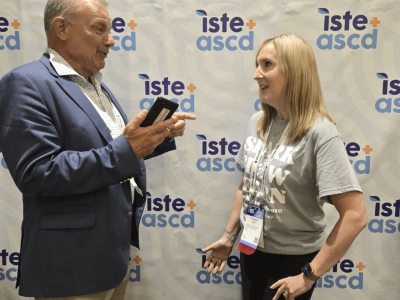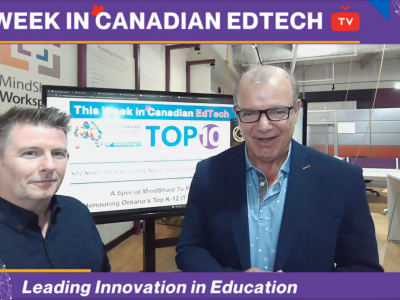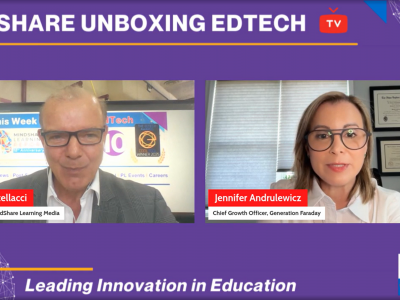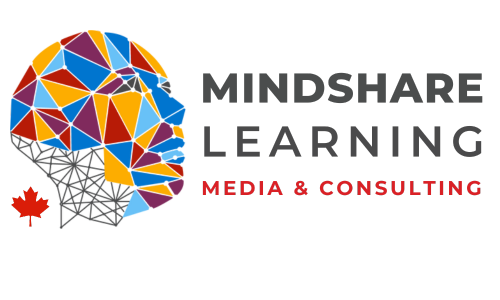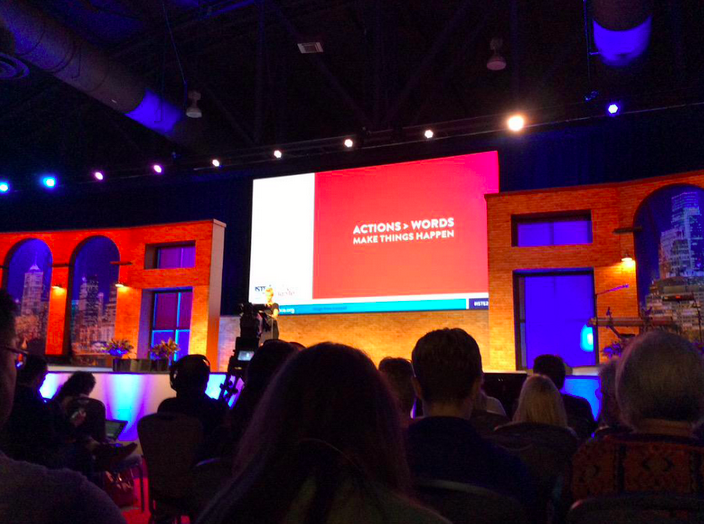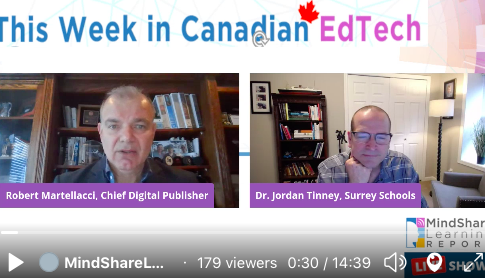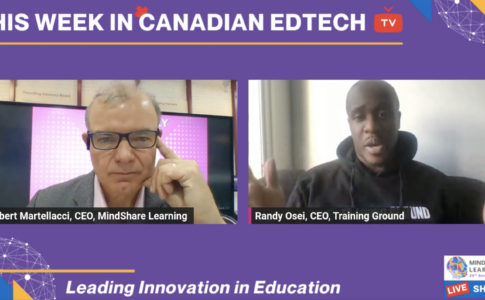Inquiry-based learning, regardless of the flavour, abounds in Canadian schools. And there is a good reason for this. It works. It works because it meets the needs of today’s learners and teachers, and it embraces the future now. C21 presents The Spiral Playbook: Leading with an inquiring mindset in school systems and schools. If you are hoping to see a change in the way education is delivered, to empower leaders in education to have the right tools and to re-focus their leadership using solid data to meet the demands of the classroom today, and tomorrow, then a ‘playbook’ is essential. The Spiral Playbook believes, as most who have been invested in changing our system of education, that we must change our way of doing things. We must encourage dynamic learning contexts fostered by curiosity. We must embrace more innovative ways to learn, teach and lead. It’s time to come together, to take risks, and to make every effort to change and enhance our current way of doing education.
The 21st Century skills that we hope to help inculcate in our system of education can only happen if there’s a sound plan for system leaders and leaders in schools. C21 presents this plan for using a system of inquiry to move forward to ensure the learners are at the center of the decision making. What data do we have to improve the learning for our students today? What can we do to move forward with this data so that real change happens? The two authors, Linda Kaser and Judy Halbert, do an excellent job synthesizing today’s research in shifting mindsets, adopting the OECD’s seven principles for developing lifelong learners in a knowledge society, integrating indigenous wisdom, and building an inquiry network. These big ideas for learning and leadership drive the raison d’etre for this playbook.
The Spiral Playbook is about setting in motion a chain of events that can lead to a teacher and team dynamic that embraces deep learning and meets the needs of today’s learners. It is not a design that works against teachers, but respects the professional practice of teachers and meets them where they are, regardless of how long or short their tenure in the teaching profession. It is aptly named: it is a playbook for using inquiry to lead and develop teachers so that a dynamic of innovation is nurtured deeply, and becomes profoundly impactful. In short, this document builds teams focused on inquiry who then develop larger inquiry networks which share the impact of what using the spiral of inquiry has achieved for learners. This builds on the notion that as you address the needs of learners at each level, there’s a new dynamic that sets into place, and this dynamic helps to foster an innovative approach.
The spiral of inquiry focuses on what the authors call the three big-picture questions: What is going on for our learners? How do we know? Why does it matter? How can the professionals who work with students develop an informed plan that begins with our students and ends with an informed action that makes a real difference? These meta-questions involve six phases: scanning, focusing, developing a hunch, engaging in new professional learning, taking new professional action, and checking that you’ve made a big enough difference. This process is not meant to be mechanical, but fluid. It’s when you work through the various phases while keeping the big questions in the forefront of your thinking that you’ll make significant gains, and of course, the more you immerse yourself in the process, the more beneficial the outcomes.
I’m not going to outline each of the six phases. I think that it’s enough to state that the essential beginning and end of this process is to develop a system of inquiry that focuses on our learners, their immediate needs and develops a cogent response that is efficient and encourages deep learning. It’s also essential to note that this process assumes a growth mindset where teachers are empowered to make a profound difference by applying their professional insights in a supportive and nurturing community of collaborators. It assumes that mistakes will be made, and they should be made, because without taking risks necessary to move ahead and address a concern that can make a meaningful difference, you must do so in an environment that assumes that mistakes inform the result.
There is no need for me to write a long review of this publication. It is already concise and easily adapted. This is due to the simple fact that the publication has been sifted through the experiences of many, and put through the grinder of practice. And so, I will simply issue a clarion call to read the work and use the wisdom found in it in your school or school system. Use it to sharpen inquiry among your teachers. Use it to enhance and foster a curious mindset that is focused on growth, and to deepen professional collaboration so that ‘things get done.’ Use it so that education in Canada steps up to meet the needs of 21st Century learners. Use it to hone your professional practice, to challenge your personal ‘status quo’ and to move out into the light where you might engage in rich, productive and rewarding professional learning webs and networks.
Find The Spiral Playbook here.
